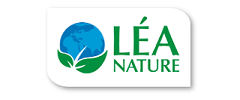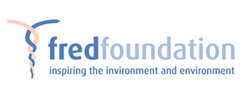Training on developing WSP and using a portable laboratory
A training about developing Water Safety Plans (WSP) for small-scale water supplies in Georgia
10.11.2015 |

A training about developing Water Safety Plans (WSP) for small-scale water supplies as well as conducting water analysis with a portable laboratory took place in Chokhatauri, Georgia between October 15 and October 17, 2015. Nine teachers of three schools in Tsipnari, Khevi and Shua Amaghleba from the Guria Region participated in the training.
The WSP training based on the WECF manual “Developing Water Safety Plans, involving schools” was conducted by Eto Jincharadze of the NGO Momavlis Gzebi. Within the planned WSP activities basic chemical parameter and microbiological parameters indicating drinking water quality served by local water supplies, will be monitored.
For these analyses the NGO Momavali-France was able to purchase for the water project a portable laboratory (Wagtech Potatest®+). Margriet Samwel (WECF Netherlands) trained the teachers how to use the portable laboratory and how to conduct the water analyses. Partly the teachers were familiar with conducting tests on bacteria.
The portable laboratory will be used for analyzing important bacteriological parameter set for drinking water quality such as thermo tolerant coliforms and total coliforms, furthermore some chemical and physical water quality tests are possible.
In many cases, small scale or decentralized water supplies are in rural Georgia not regular or not at all monitored on water quality. This portable laboratory will enable the communities to learn about their water quality, the WSP activities will mobilise the communities to take action for safer water, if needed.
The same kind of portable laboratory is already operating successfully in RCDA resource center in Khamiskuri, Khobi region. Villages and private persons are having their water tested, and if necessary take steps to improve the quality or switch to different sources of drinking water.


































